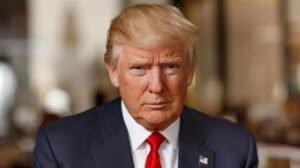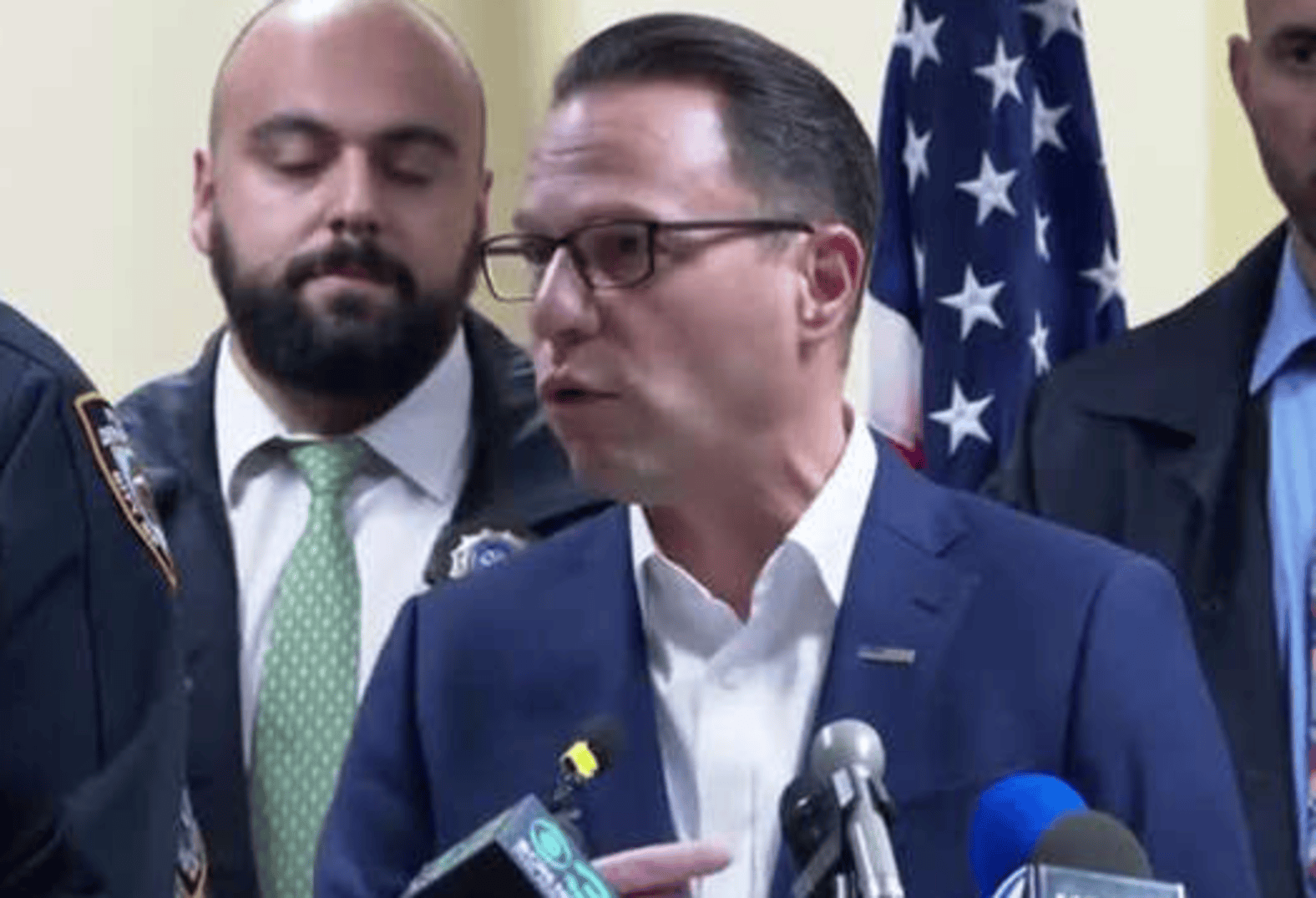
Trumps Bold Anti-Fluoride Shift 5 Major Impacts. Trump’s Push Against Fluoridation: A Surprising Policy Shift
Robert F. Kennedy Jr. announced a significant health policy on Saturday. This statement marks a reversal of a long-standing practice aimed at public health. Trump Bold Anti-Fluoride Shift 5 Major Impacts
The Historic Background of Water Fluoridation
Fluoride was introduced into public water systems in 1945. Grand Rapids, Michigan, was the first U.S. city to adopt this measure. In 1962, the U.S. Public Health Service backed this move. The goal was simple: reduce cavities and improve oral health. Over the years, fluoridation became a standard practice nationwide.

Robert F. Kennedy Jr. announced a significant health policy on Saturday.
CDC’s Stance on Fluoridation
The Centers for Disease Control and Prevention (CDC) praises fluoridation. The agency considers it one of the top public health achievements of the 20th century. According to the CDC, fluoride in water lowers the risk of cavities by about 25 percent in both children and adults.
Opposition and Conspiracies
Resistance to fluoridation is not new. For decades, critics have raised concerns. The 1964 film “Dr. Strangelove” famously satirized anti-fluoride fears. In the movie, a paranoid general calls it a dangerous communist plot. Such portrayals reflect the skepticism and myths surrounding this practice.
Recent Legislative Actions Supporting Fluoride
Despite the controversy, support for fluoridation remains. In early 2024, bipartisan efforts were made to fund state-level fluoride programs. Senators Dick Durbin and Roger Marshall introduced legislation for this purpose. Additionally, Alabama Governor Kay Ivey backed fluoride. She highlighted its benefits, noting the return on investment in dental health.
Kennedy’s Position on Fluoride
Kennedy’s stance is clear. He believes fluoride poses health risks. He pledged that a Trump administration would act on this belief. This would mark a significant departure from current health policy.
Trump’s Trust in Kennedy
He wants Kennedy to oversee health policy. During a conversation with podcaster Joe Rogan, Trump emphasized his plan. He stated that Kennedy would have the freedom to act.
Mixed Reactions in the Health Community
Health experts are divided. The American Dental Association (ADA) supports fluoridation. Linda Edgar, president of the ADA, stated in August that decades of research prove its safety. Public health officials often dismiss anti-fluoride theories as myths.
Concerns from Recent Studies
A recent study by the University of Southern California raised questions. Published in JAMA Network Open, it linked prenatal fluoride exposure to neurobehavioral issues in children. Tracy Bastain, the study’s author, called for more research. The study has fueled ongoing debates about fluoride safety.
Court Rulings and Regulatory Challenges
Legal challenges have intensified. In September, a federal judge ordered the Environmental Protection Agency (EPA) to revisit its fluoride policies. The judge acknowledged potential risks to children’s developing brains. However, he did not definitively conclude that fluoride is harmful.
Community and Local Pushback
Several local governments have taken action. Anti-fluoride activists have gained traction in some areas. These movements often cite potential health impacts. Some communities have reduced or removed fluoride from their water supplies.
The Public Health vs. Personal Choice Debate
The fluoridation debate touches on broader themes. It raises questions about public health mandates versus individual choice. Proponents argue that fluoride benefits millions. Critics say the practice should be optional, not enforced.
Trump’s Policy Shift: What’s Next?
Trump’s decision could impact millions of Americans. If implemented, this move would end a practice decades in the making. Health officials would need to adapt. Public debates would likely intensify.
Implications for Oral Health
Oral health experts fear potential outcomes. They argue that removing fluoride could increase cavity rates. Public dental programs may face added pressure. For lower-income communities, this change could be significant.
Kennedy’s Broader Health Vision
Kennedy’s skepticism extends beyond fluoride. He is also known for opposing certain vaccines. His health policies often challenge mainstream scientific views. As a potential health czar, his influence could reshape major policies.
The Uncertain Future
Trump’s campaign has not officially commented on Kennedy’s statement. Vice President Kamala Harris’s team also did not respond. The upcoming election will likely determine the path forward.
The future of this fluoride policy shift is uncertain and raises many questions. If Trump wins the presidency and follows through with this pledge, it could spark significant changes in public health policy. Public health agencies and experts would need to quickly adapt, responding to the removal of a decades-old practice that has been widely endorsed as beneficial. This shift could lead to intense debate, both in political arenas and among the public.
Supporters of fluoridation will likely rally to challenge the decision. They argue that decades of research have shown the effectiveness and safety of fluoride in preventing cavities and supporting dental health. The American Dental Association and other health organizations could push back, emphasizing that such a reversal might lead to increased dental issues, especially in vulnerable populations. Public health campaigns would need to be recalibrated to address new gaps in dental care and prevention.
Conversely, those who share Kennedy’s concerns will see this as a significant win. Advocacy groups and anti-fluoride activists may view this policy as validation of their long-held beliefs. The discussion could amplify the conversation around public health interventions, individual choice, and government mandates. It may also open doors to re-examining other established practices, sparking broader public health debates.
This potential policy shift could lead to ripple effects at the local level.
Final Thoughts
Trump’s willingness to empower Kennedy signals a shift. If elected, this could lead to major changes in public health policy. The move could redefine U.S. health standards, sparking debate and division. Both supporters and critics will be watching closely.







